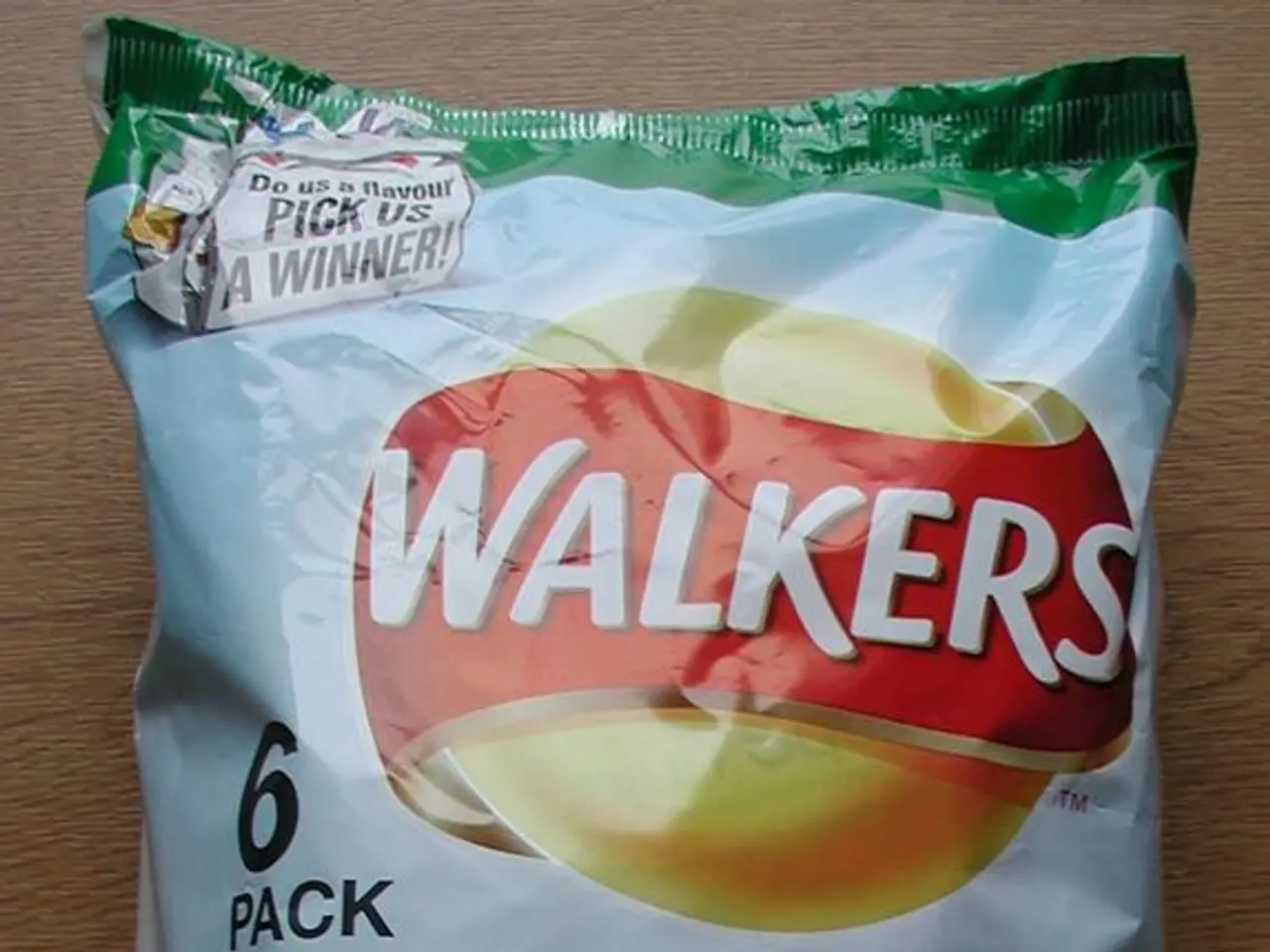Techniques for managing Attention Deficit Hyperactivity Disorder in adults without relying on medication
In the quest for effective management of Attention Deficit Hyperactivity Disorder (ADHD) in adults, a non-medication approach has gained traction. This approach focuses on exercise, nutrition, sleep, and productivity techniques combined with behavioral and mindfulness approaches.
Regular aerobic exercise acts as a natural stimulant, increasing dopamine and norepinephrine levels, neurotransmitters involved in attention and motivation. Even short bouts like a 5-minute walk or dancing breaks can improve focus for up to an hour, with cumulative benefits over time. Cardio exercise, in particular, shows benefits for improving executive function, attention, and reducing impulsivity in adults with ADHD [2][1].
A balanced diet rich in omega-3 fatty acids and low in processed foods and sugars supports brain health and neurotransmitter regulation to mitigate symptoms. Supplementing with minerals (iron, magnesium, zinc), vitamin B6, and compounds like GABA can also be beneficial, but should be done under medical guidance to avoid interactions [1][4].
Proper sleep hygiene is crucial for managing ADHD symptoms. Avoiding stimulants like caffeine, maintaining consistent sleep schedules, and creating a restful environment are commonly recommended to improve executive functioning and attention regulation [4].
Structured productivity strategies such as using the Pomodoro technique (15–20 minutes focused work followed by short breaks) can enhance concentration. Incorporating movement or creative activities during breaks helps reset attention. Cognitive-behavioral therapy (CBT) is effective in managing impulsivity, emotional dysregulation, and poor time-management by teaching skill-building, goal setting, and reframing negative thought patterns [2][5].
Mindfulness meditation and ADHD coaching provide tools to reduce distractions and improve focus and motivation. Environmental modifications and technology aids can further support organization and time management [1][3][5].
Starting small tasks, using timers, and having a "body double" (another person in the room) may help manage ADHD symptoms and aid task management. Being outdoors and in contact with nature may help reduce symptoms of ADHD, although research on this is limited for adults [3].
A 2017 systematic review found that both cardio and other forms of exercise can have benefits for managing ADHD symptoms [6]. Many traditional productivity tips may not be helpful for people with ADHD, so learning management strategies from others who have ADHD may be beneficial.
In summary, a holistic, non-medication ADHD management approach integrates regular aerobic exercise, brain-healthy nutrition, structured productivity strategies (like focused intervals with breaks), and therapeutic techniques such as CBT and mindfulness meditation to improve executive functions and reduce symptoms [1][2][3][5].
Read also:
- Exploring the Strength of Minimally Digestible Diets: A Roadmap to Gastrointestinal Healing
- Secondhand Smoke: Understanding its Nature, Impact on Health, and Additional Facts
- Child Water-shift Ailment Identification and Treatment: Recognizing Symptoms and Steps to Take
- Treatment Options for Uterine Cancer: An Overview





